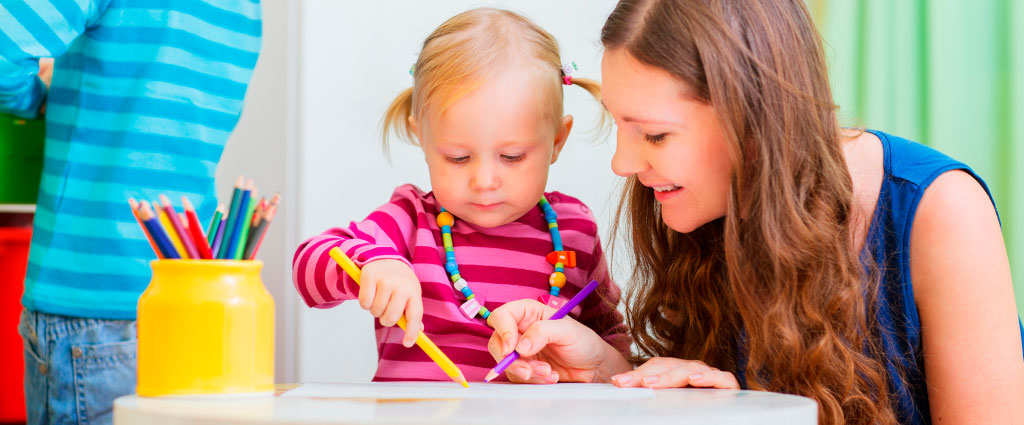
Cognitive Restructuring
When kids feel depressed they tend to think in ways that make them feel worse. One goal of treatment is to help kids recognize those thinking habits and then practice replacing depressive thoughts with more realistic thoughts.
Here are 10 common ways of thinking that tend to make kids feel more depressed, hopeless, and helpless.
ALL-OR-NOTHING THINKING You see things in black-or-white categories. If a situation is anything less than perfect, you see it as a total failure.
OVERGENERALIZATION You see a single event as a never-ending pattern of defeat by using the words ALWAYS or NEVER when you think about it.
MENTAL FILTER You pick out a single negative detail and dwell on it exclusively. One word of criticism erases all the praise you've received.
DISCOUNTING THE POSITIVE You reject positive experiences by insisting they "don't count." If you do a good job, you tell yourself that anyone could have done as well.
JUMPING TO CONCLUSIONS You interpret things negatively when there are no facts to support your conclusion. Two common variations are MIND-READING (you arbitrarily conclude that someone is reacting negatively to you) and FORTUNE-TELLLING (you assume and predict that things will turn out badly.)
MAGNIFICATION You exaggerate the importance of your problems and shortcomings, or you minimize your desirable qualities. This is also called the "binocular trick."
EMOTIONAL REASONING You assume that your negative emotions reflect the way things really are: "I feel guilty. I must be a rotten person."
"SHOULD"STATEMENTS You tell yourself that things should be the way you hoped or expected them to be. Many people try to motivate themselves with SHOULDS and SHOULDN'TS, as if they had to be punished before the could be expected to do anything.
LABELING This is an extreme form of all-or-nothing thinking. Instead of saying "I made a mistake," you attach a negative label to yourself:"I'm a loser."
PERSONALIZATION AND BLAME You hold yourself personally responsible for events that aren't entirely under your control.
Adapted from THE GOOD FEELING HANDBOOK, appearing In The Power of Self-Talk, PSYCHOLOGY TODAY, Dec, l989
Now that you have learned about the cognitive traps that tend to make kids feel depressed. Use the thoughts worksheet to identify and practice replacing the traps that you fall into.
Module 2: Next Step
Identify and Replace Depressive Thoughts